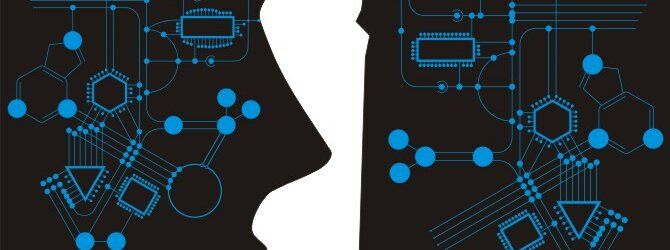
Categories
- Art (356)
- Other (3,632)
- Philosophy (2,814)
- Psychology (4,018)
- Society (1,010)
Recent Questions
- Why did everyone start to hate the Russians if the U.S. did the same thing in Afghanistan, Iraq?
- What needs to be corrected in the management of Russia first?
- Why did Blaise Pascal become a religious man at the end of his life?
- How do I know if a guy likes you?
- When they say "one generation", how many do they mean?
)) Actually, medicine is a serious business, so who will let you cover it? And no one comes to eugenics. This is not a question of moral choice (morality, by the way, according to the definition, is what the majority likes: morality-Latin: generally accepted traditions, rules; morality – what the majority likes, morals, what they like; ethics-Greek: temper, custom). There is no eugenics, because people do not allow themselves to limit their freedoms or win them gradually. Slave dependence, in which the power (in the person of the owner) decided who to marry, has already fallen almost everywhere. Well, there is no free medicine that would save you from all problems and that could be canceled for a long time.
Both eugenics and natural selection are subtle matters.
On the one hand, as noted in one of the answers, the peculiarity of a person is that he himself has changed the conditions of his existence and – inevitably – the factors and selection criteria. In particular, the criterion of “fitness” is very dependent on the dominant survival factor: if in the wild the one who runs faster, hides more cunningly, and builds better hunting strategies, defense, etc. survives, then in the modern “post-industrial” society, the unscrupulous bastard who steals and manipulates others better than others survives.
On the other hand, the concept of natural selection in the wild is also very simplified. For example, in a dog pack (science has proven that the STRUCTURE of human social relations exactly copies the social organization of canids), there is a rank of “disabled” – a physically infirm, but valuable for the collective survival of a pack member. So humanism, which has become the main “guiding idea” and seems to contradict the abstract-biological approach, is only the idea that a member of society is valuable not only for his physical abilities, but also for the scale of universal reinsurance.
As for eugenics, this is the idea of “improving the breed” of humanity, which at one time won many worthy minds. However, it is also ethically unacceptable: no one can be better than others. If only because there are infinitely many criteria for this “better”. thequestion.ru
I once read a story called “The Genesis of Altruism”, where the ancients did not finish off a lame relative, even though he slowed down the movement of the tribe, and this lame one then saved the entire tribe from death. Weak infants were slaughtered in Sparta, and there are no intellectual monuments left of the Spartans. So natural selection doesn't work well in human society. We have a blind Homer and a deaf Beethoven. That is why it is so harmful to have a low – quality elite, thieves and crooks in society-the direction of artificial selection is changing.
Natural selection requires dozens or even hundreds of generations for a noticeable result. In addition, man has created conditions for himself in which natural selection will not be able to work normally, and this is not just a matter of medicine. Who do you think will pass on more of their genes “naturally”, a scientist, or someone who could not enter a university and works on a construction site or as a security guard? Men also do not always choose the healthiest and smartest ones. No matter how negative selection happens. In general, natural selection does not work if a species (human)is he is able to adapt the environment for himself, in which case there is no need to adapt himself and a more adapted person will not have an advantage.
And it's not clear what you call eugenics. Usually it is understood as selection relative to humans, but it has long been in the past.
What is left of eugenics now and is used is to determine the chances of various hereditary abnormalities and diseases in family planning based on the results of tests of future parents and consult them about this. I can't imagine what morality should be based on to condemn such a thing (except, of course, religion).